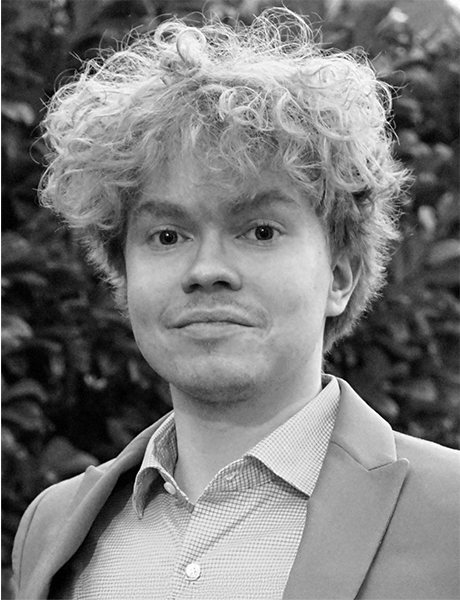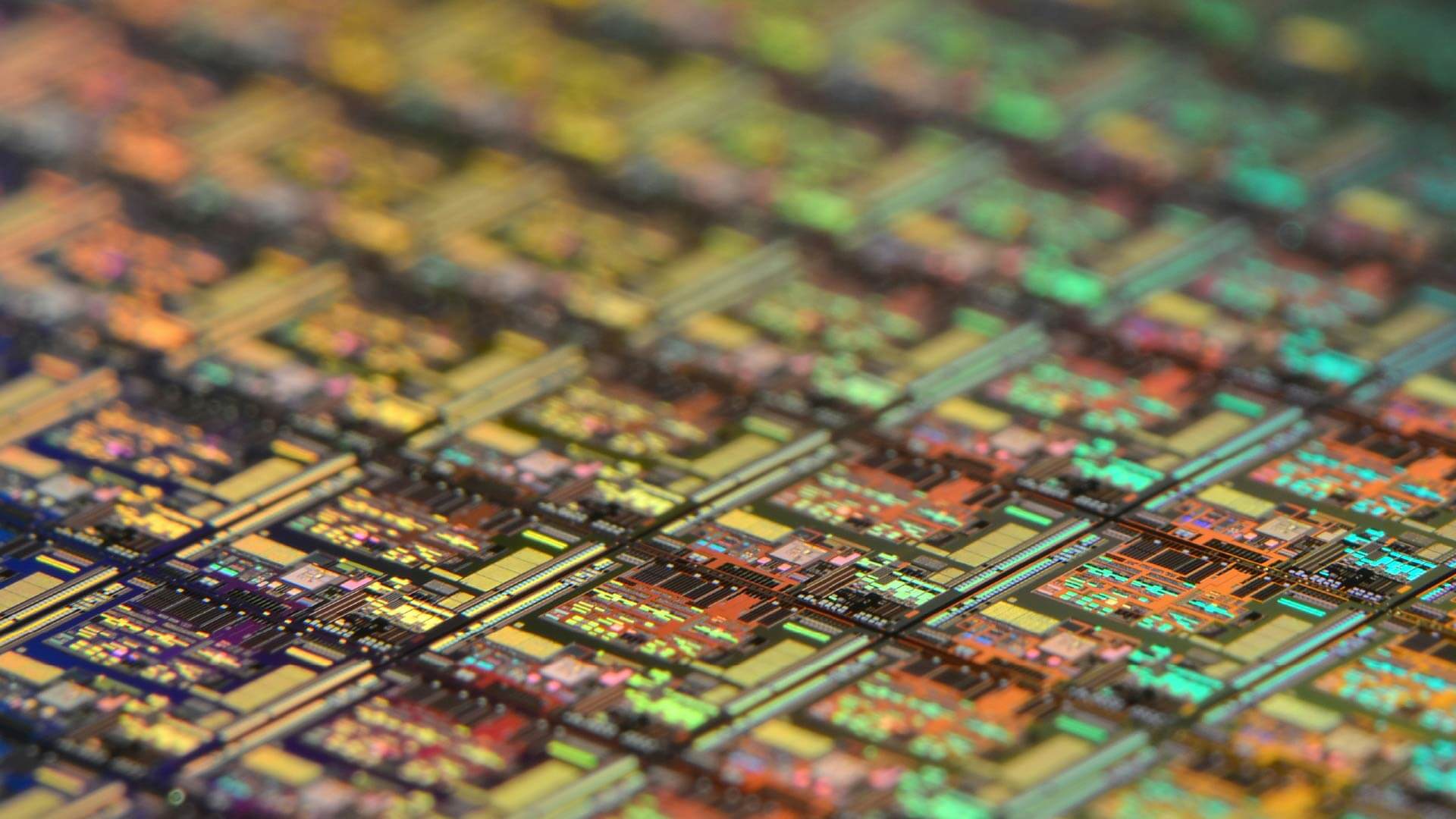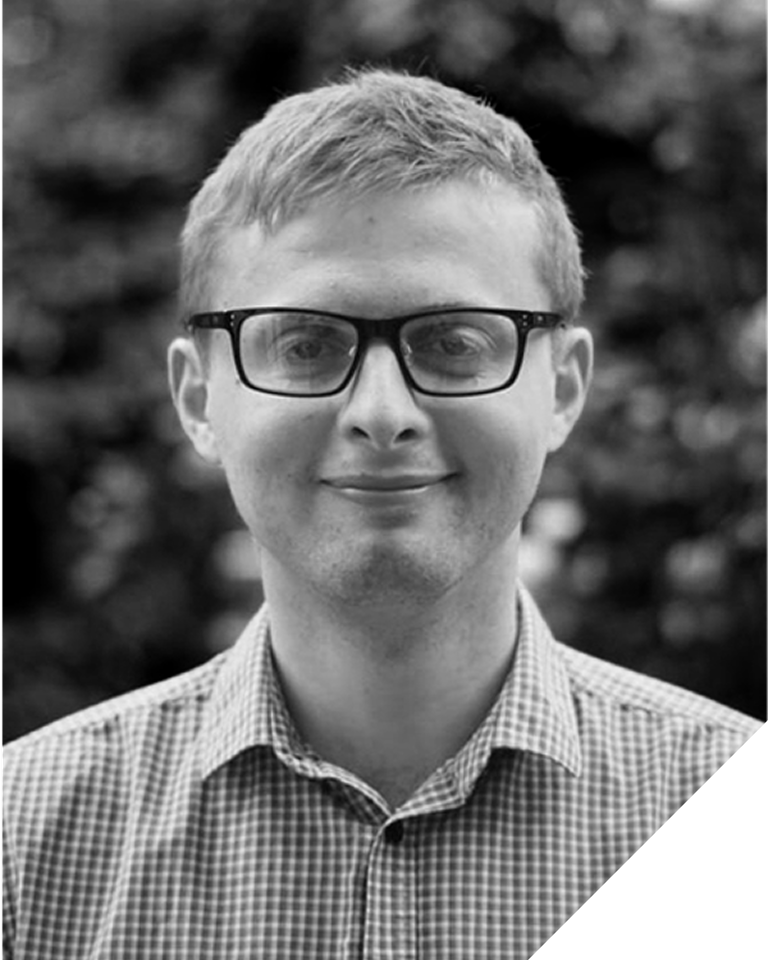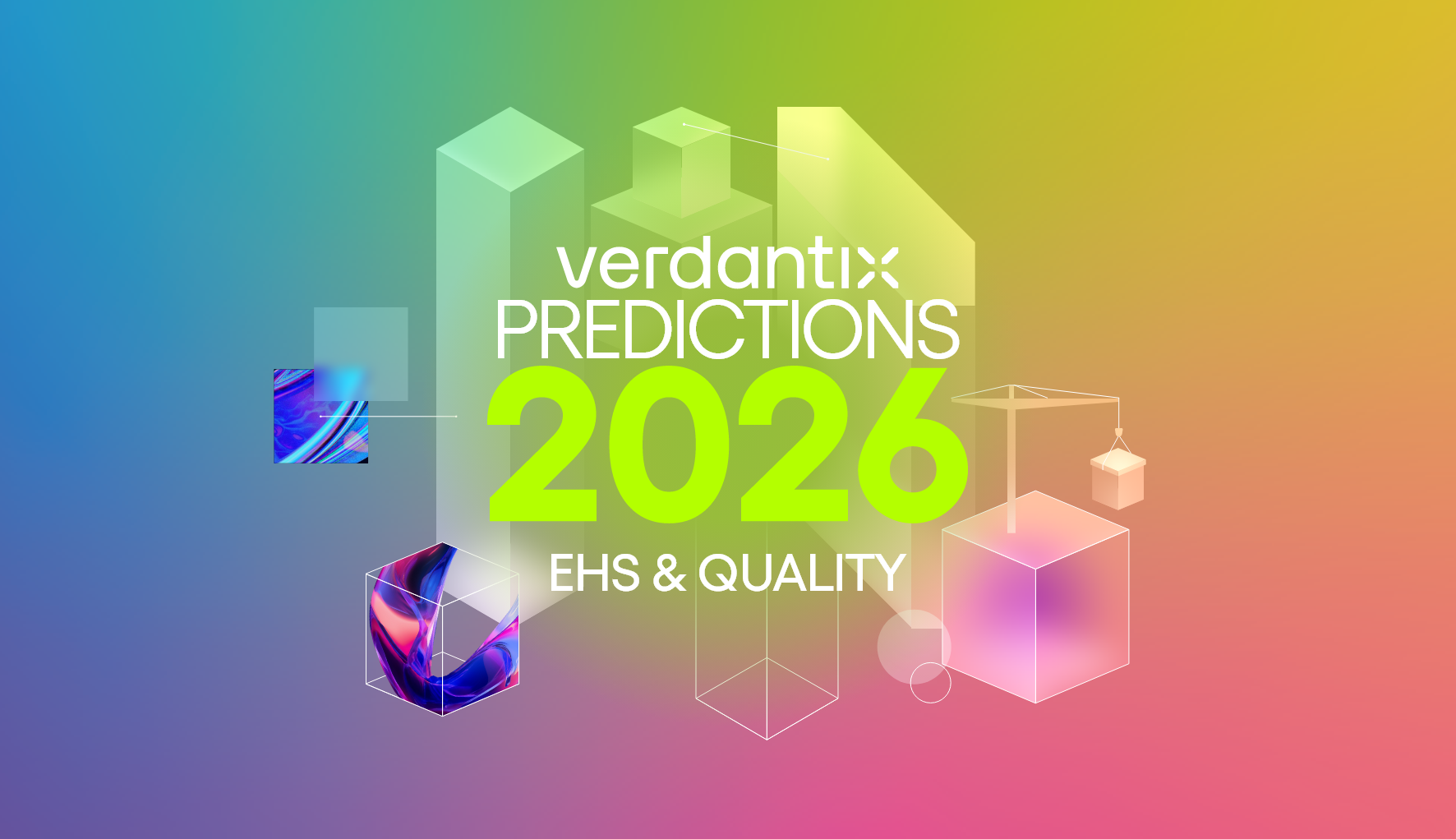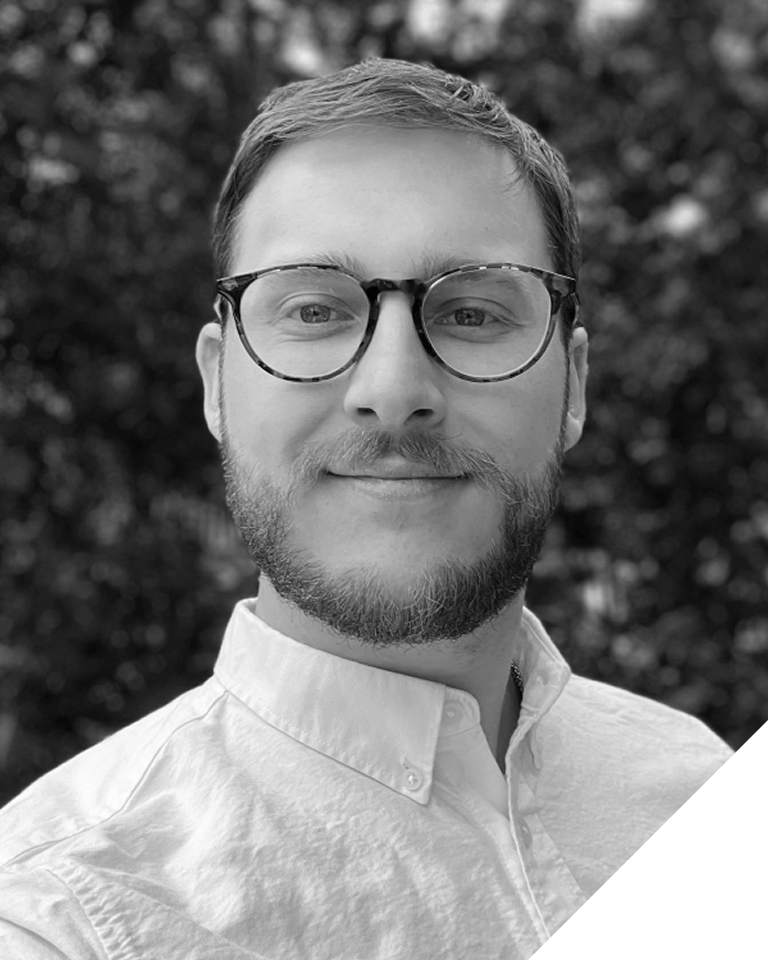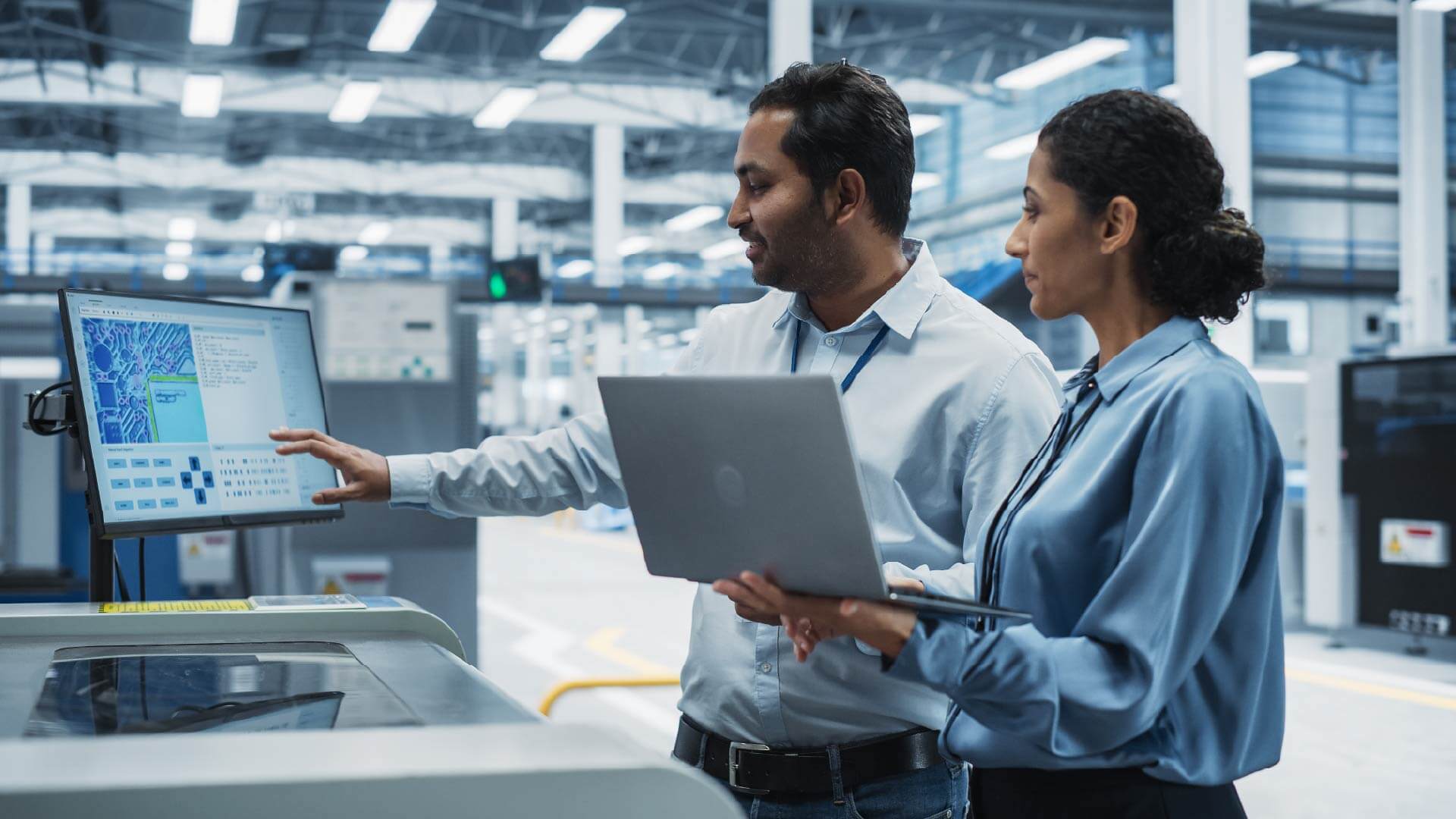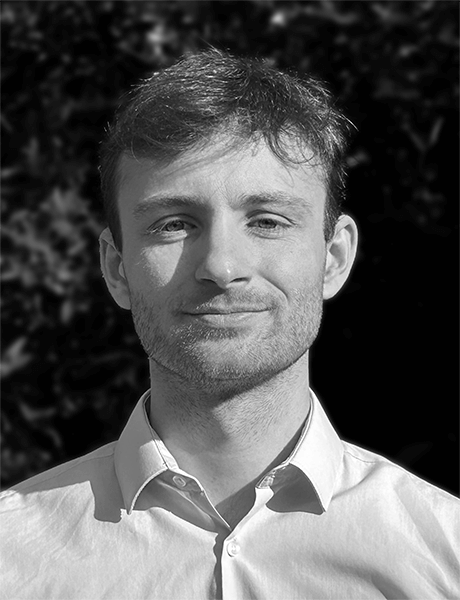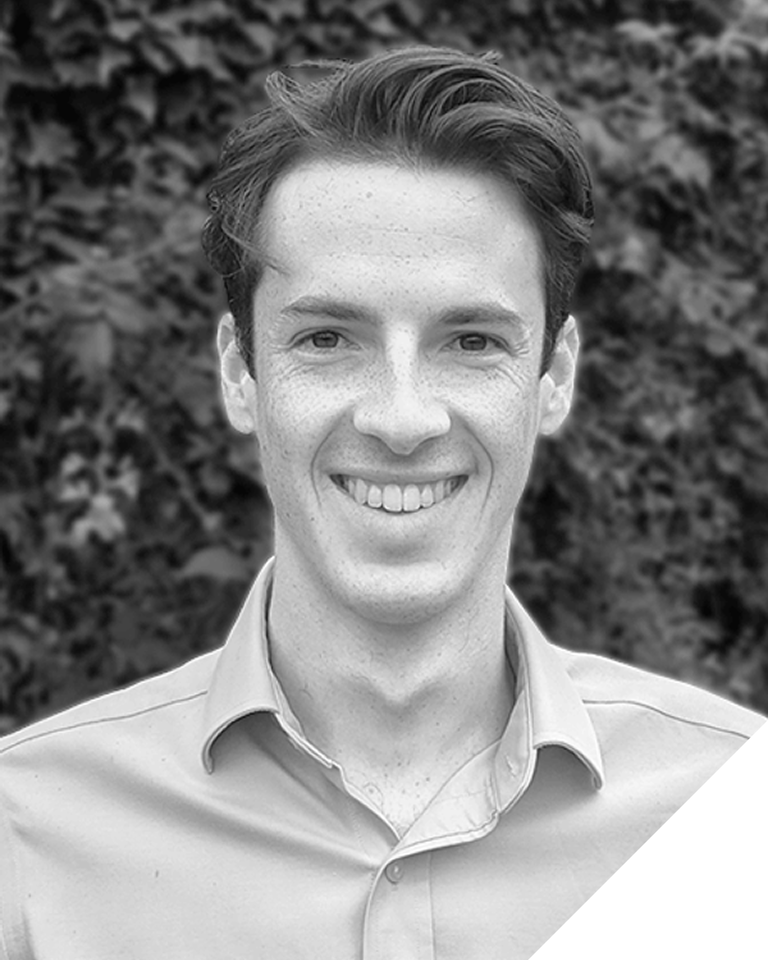Rombit’s IIoT Solutions Enable Operations And Safety Collaboration For Real-Time Risk Management
10 Oct, 2022
Access this research
Access all Process Safety Management Software content with a strategic subscription or buy this single report
Need help or have a question about this report? Contact us for assistance
Executive Summary
This report forms one in a series covering the connected worker solutions market. Founded in 2012 and headquartered in Antwerp, Belgium, Rombit offers customers in high-risk sectors – such as oil and gas, heavy manufacturing, ports, construction, and transportation and logistics – wearables and ultra-wideband (UWB)-based industrial Internet of Things (IIoT) solutions to optimize operations as well as worker safety. Its flagship Rombit ONE wearable and its Anchor UWB collect behavioural and geolocation data and communicate with the Rombit software platform to provide analytics for a wide range of use cases, such as lone worker support, collision avoidance, authentication, and driver behaviour. After receiving $25 million in funding, Rombit is focusing on further expanding into Europe and the Middle East, by increasing partnerships, especially with EHS and operational risk software providers. This will enhance the ability of firms in these regions to digitally transform their operations and risk management strategies using Rombit’s plug-and-play connected worker solutions. Industrial firms in high- and medium-risk industries, such as logistics warehouses and terminals, should consider shortlisting Rombit’s suite of wearable devices and software platform.
Rombit’s Industrial Internet of Things (IIoT) Solutions Deliver Improved Worker Safety And Productivity
Rombit’s Suite Of Hardware And Software Solutions Elevates Real-Time Risk Management Across Workers And Assets
Customers Seeking A Single Provider Of Wearable Solutions For Worker Safety And Resource Optimization Should Consider Rombit
Rombit’s Suite Of Hardware And Software Solutions Elevates Real-Time Risk Management Across Workers And Assets
Customers Seeking A Single Provider Of Wearable Solutions For Worker Safety And Resource Optimization Should Consider Rombit
ADPO, Belgian Recovery Fund, BESIX Group, Bosch, Brabo, DevonWay, dss+, Enablon, Euroports, Ineos, Laxson, Localino, Meet Roger, Merck, Microsoft, Multraship, Net4, PepsiCo, Port of Antwerp-Bruges, Rombit, Sewio, Software AG, Tata Consultancy Services, Teamshape, TenForce, Tikehau Capital, TKH Security, Vandeputte, Volkswagen, Wipro, Yara
About the Author
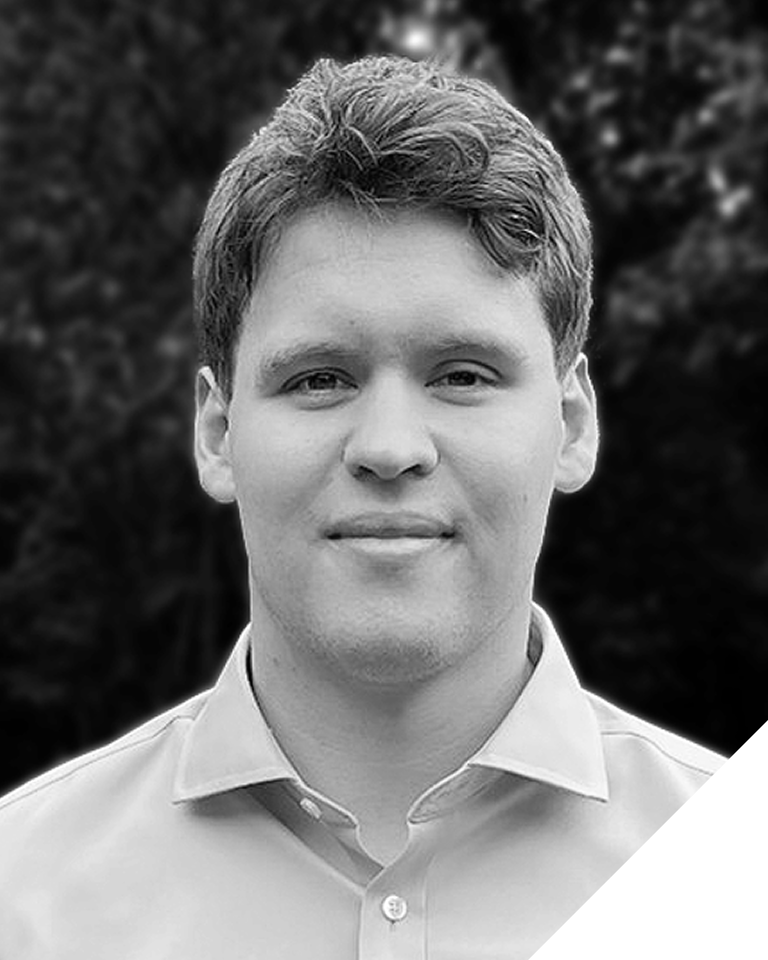
Henry Kirkman
Industry Analyst
Henry is an Industry Analyst at Verdantix. His current research agenda focuses on quality management, field service management and industrial applications of AI, including Gen...
View Profile

